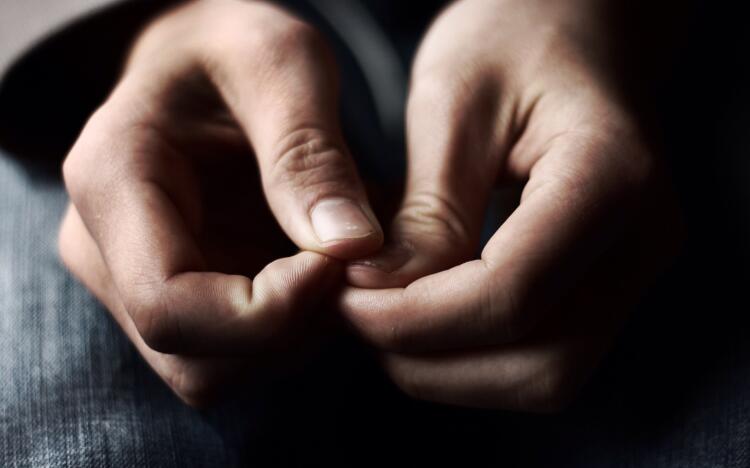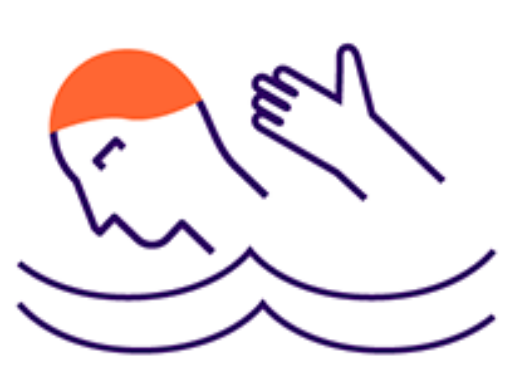Your doctor may suggest taking medicine for your anxiety. You might take it instead of a psychological treatment or use them both.
Antidepressant medicines can be helpful for anxiety. They work by changing the balance of chemicals in the brain which affect mood.
A ‘selective serotonin reuptake inhibitor’ (SSRI) is a type of antidepressant. It is often the first choice for anxiety.
How do they work?
They work by boosting serotonin levels in your brain. Serotonin helps regulate mood and how you react with your emotional responses. SSRIs are very helpful for anxiety and most people can use them without many problems.
How do I take them?
You will need to take them each day. Your doctor will start with the lowest amount (dose) and slowly raise it as your body gets used to it.
How long do they take to work?
SSRIs may not work straight away. It could take 4–6 weeks to start feeling better, although most people will start to feel better within 2–4 weeks. You may feel slightly worse before you start feeling better.
How long do I need to take them?
Most people take them for at least 6–12 months. If you stop taking them too early, your anxiety may come back.
How do I stop taking them?
Stopping your medicine suddenly can cause problems. Talk to your doctor about the right time to stop. When you both agree, your doctor will slowly lower the amount you take over a few weeks.
What are the risks?
Common side effects of SSRIs:
- feeling more worried or nervous
- throwing up or feeling like you might throw up
- loose or runny poo (diarrhoea)
- headache
- problems sleeping, or feeling sleepy
- sexual problems.
When you first start your medicine, you will need to visit your GP every few weeks to check how you’re getting on. Tell your GP if you notice side effects, but most should improve over time.
Let your GP know if you think you might be pregnant or you use alcohol or drugs regularly. It helps them know which medicines will be safer for you or if there’s anything that could affect how your medicine works.
For people under the age of 25: You may need more visits with your doctor in the first few weeks of starting an antidepressant. Young people can have a higher chance of harmful thoughts and actions when first starting these medicines. See your doctor straight away if you’re feeling worse or having thoughts of harming yourself.
Are they hard to stop taking (addictive)?
No, they are not addictive. But stopping suddenly can cause problems so talk to your doctor about how to stop them safely.
What if they don’t work?
Your doctor may need to try different medicines to find one that works for you. This could be another SSRI. Or they might suggest a different type of antidepressant. This could be a serotonin and noradrenaline reuptake inhibitor (SNRI).
Read more about antidepressant medicines
CBT or antidepressants?
Some people have a type of anxiety that can be helped by CBT or SSRI medicines. Understanding your needs and concerns about different treatments is important. This decision aid can help you work with your doctor to talk about what might be the best treatment choice for you.


